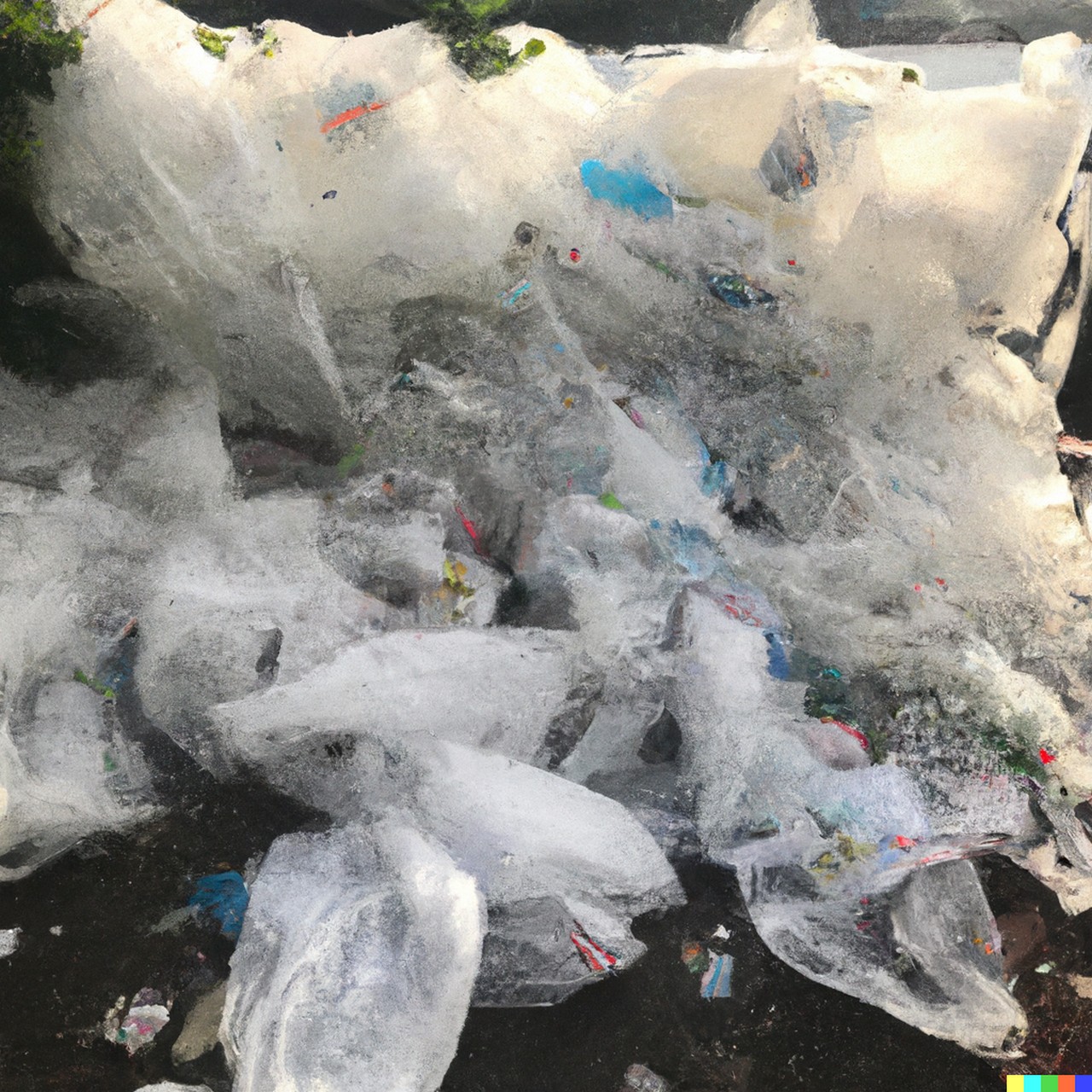Plastic bags have been a popular choice for packaging and carrying goods for many years. However, their convenience comes at a cost. The use of plastic bags has contributed to the growing pollution of our oceans, landfills, and wildlife. This has led to a worldwide movement to ban or restrict the use of plastic bags. In this article, we will explore why plastic bags have been banned and the impact of this ban on our environment.
Why Plastic Bags Have Been Banned?
Plastic bags have been banned for several reasons, including:
- Environmental Pollution: Plastic bags take hundreds of years to decompose, and they release harmful chemicals when they do. They pollute our oceans, rivers, and soil, posing a threat to marine life and wildlife.
- Resource Consumption: The production of plastic bags requires a significant amount of resources, including water, oil, and energy. This results in increased greenhouse gas emissions and contributes to climate change.
- Waste Management: Plastic bags are not easily recyclable, and they often end up in landfills, where they take up valuable space and contribute to the release of harmful gases.
Alternatives to Plastic Bags
The ban on plastic bags has led to the development of several alternatives that are more environmentally friendly, including:
- Reusable Bags: Reusable bags made of cloth or other materials can be used multiple times and are a sustainable alternative to plastic bags.
- Paper Bags: Although paper bags are not as durable as plastic bags, they are biodegradable and can be recycled.
- Biodegradable Bags: Biodegradable bags are made from materials that break down more quickly than traditional plastic bags, reducing their impact on the environment.
Benefits of a Plastic-Free World
Banning plastic bags has several benefits for the environment, including:
- Reduced Pollution: Banning plastic bags reduces the amount of plastic waste that ends up in landfills, waterways, and oceans, helping to protect marine life and wildlife.
- Conservation of Resources: By reducing the use of plastic bags, we can conserve natural resources such as water, oil, and energy, and reduce greenhouse gas emissions.
- Promotion of Sustainable Practices: The ban on plastic bags promotes sustainable practices such as reusing and recycling, encouraging people to be more mindful of their consumption habits.
FAQs
Q. Which countries have banned plastic bags?
A. Several countries have banned or restricted the use of plastic bags, including Australia, Bangladesh, China, France, Italy, Kenya, Morocco, Rwanda, and the United Kingdom.
Q. What is the impact of plastic bags on marine life?
A. Plastic bags pose a significant threat to marine life, as they can be mistaken for food and ingested, causing choking or suffocation. They can also entangle marine animals, leading to injury or death.
Q. How can I reduce my use of plastic bags?
A. You can reduce your use of plastic bags by using reusable bags, bringing your own containers to the store, and choosing products with minimal packaging.
Conclusion
The ban on plastic bags is a significant step towards a more sustainable future. By reducing plastic pollution, conserving resources, and promoting sustainable practices, we can protect our environment and create a healthier world for future generations. By adopting alternatives to plastic bags and being mindful of our consumption habits, we can all play a role in creating a plastic-free world.

